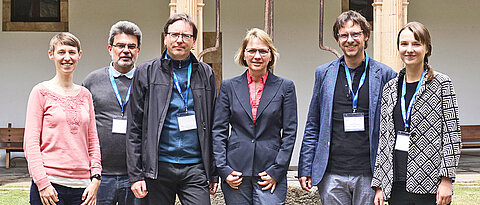
A long academic tradition is one of the qualities that unites the 39 member universities of the Coimbra Group. At this most recent meeting in Salamanca it was also clear that the group’s gaze is directed towards the future.
more
A long academic tradition is one of the qualities that unites the 39 member universities of the Coimbra Group. At this most recent meeting in Salamanca it was also clear that the group’s gaze is directed towards the future.
more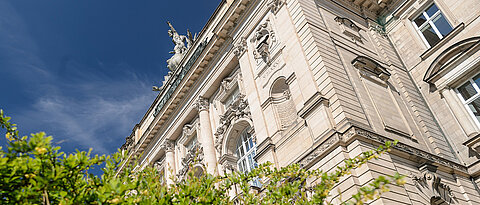
The University of Würzburg ranks among the top contributors to "Nature" journals: It's among the 100 highest performing institutions worldwide and among the top four in Germany. The University also belongs to a leading group in the U-Multirank.
more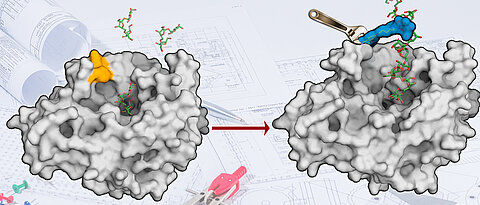
Chemists have modified the enzyme levansucrase using a new method. The enzyme can now produce sugar polymers that are exciting for applications in the food industry and medicine.
more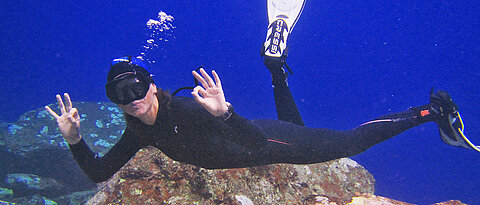
Mareike Huhn studied biology in Würzburg. Today she lives and researches on the Banda Islands, an archipelago in the Indonesian Maluku Islands. Encounters with hammerhead sharks and manta rays makes living there worthwhile for her.
more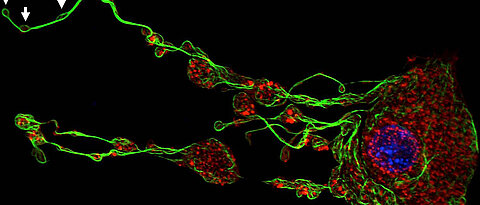
New Collaborative Research Centre for Würzburg and Tübingen: The aim is to decode the insufficiently understood functions of platelets. These blood cells are likely to be involved in many more diseases than previously thought.
more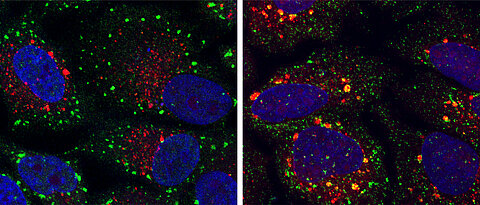
When cells become stressed, they activate specific response patterns. Würzburg researchers have identified new details of these responses, which can help to get a better understanding of neurodegenerative diseases.
more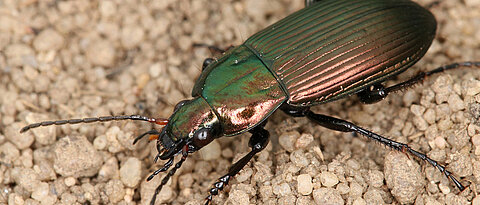
A high abundance of flowering grasslands in agricultural landscapes is beneficial: These grasslands provide shelter for predatory beetles and spiders and help farmers control pests.
more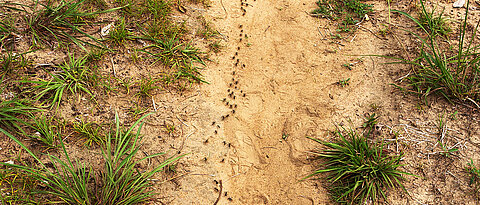
Ants do not always take the shortest route when they are in a hurry. Their navigational system occasionally makes them take detours to speed up their journey.
more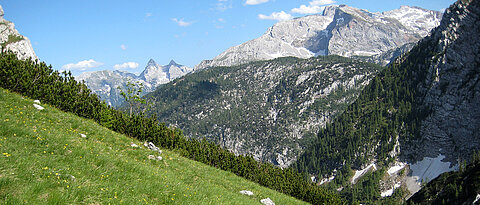
The effects of climate change are felt especially in the Alps. How capable are insects, which are important pollinators, of adjusting to this development? A new junior research group is looking into this question.
more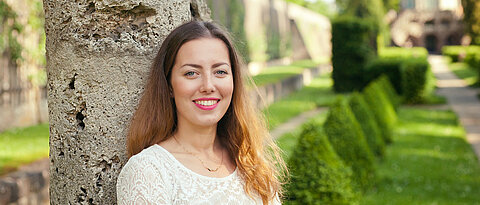
Teresa Deckert studied Political and Social Studies at the University of Würzburg. Today she is promoting sustainable behaviour in Essen.
more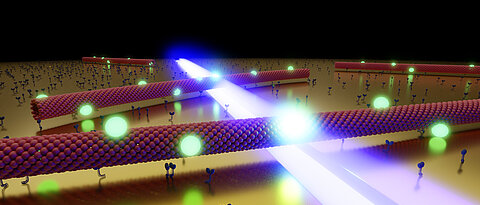
Physicists from Dresden and Würzburg have developed a novel method for optical microscopy. Using biological motors and single quantum dots, they acquire ultra-high-resolution images.
more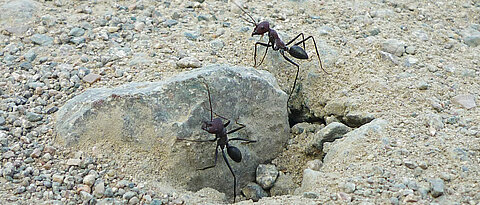
Desert ants use the Earth's magnetic field for orientation, a new study has found which was conducted by scientists of the University of Würzburg. This provides ants the cue to find their way back to the nest.
more
Cereal is much more drought-tolerant than other plants. Researchers from Würzburg have now found out why that is so. Their insight could help breed crops that are more resistant to drought.
more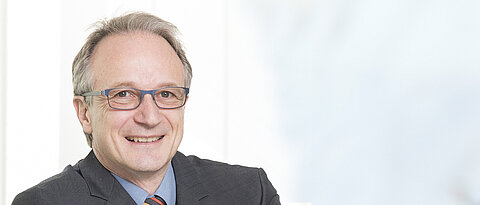
Würzburg chemist, Frank Würthner, has been awarded an Advanced Grant of the European Research Council worth EUR 2.5 million. He wants to use the money to push the conversion of solar energy to fuel.
more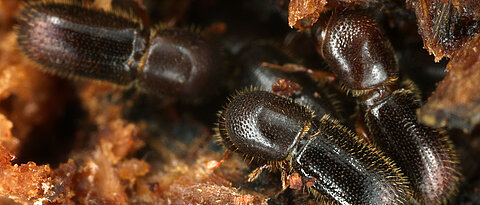
Alcohol used as a "weed killer" optimizes the harvest of ambrosia beetles.
more